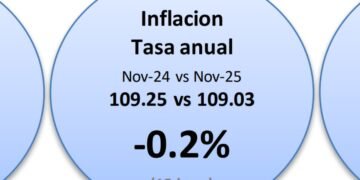Since 2023, Aruba has been achieving budget surpluses and steadily reducing its national debt. Along with economic growth, this has lowered the country’s debt ratio significantly. However, vulnerabilities remain: interest costs are still very high, and with an aging population, healthcare expenses will continue to consume a larger share of the budget. The CAft (College Aruba financieel toezicht) stresses that reforms are necessary to safeguard the sustainability of government finances.
Future-Proof Healthcare
CAft observed positive developments in Aruba’s healthcare system, such as reducing healthcare spending from 8.7% of GDP in 2023. Still, controlling healthcare costs remains vital, given the growing elderly population. Efforts include strengthening the role of general practitioners as gatekeepers, promoting prevention, and managing the rising demand for long-term care. Without reforms, healthcare spending will eventually become unsustainable.
Discussions have also highlighted deficiencies in the hospital’s infrastructure. If not addressed, there is a risk of deteriorating healthcare services. CAft urges all parties to assume responsibility and work toward a joint solution as soon as possible.
Strengthening the Foundation
Despite debt ratios falling, interest payments still account for 16% of the national budget. Reducing debt remains essential to free up resources for healthcare reforms. CAft also points to over AWG 500 million in reserves at AZV and the Sociale Verzekeringsbank, which could partially be used for debt repayment while maintaining required reserves.
Furthermore, CAft emphasizes the importance of stricter oversight of government entities, the establishment of clear dividend and participation policies, and rapid implementation of good corporate governance practices.























Discussion about this post